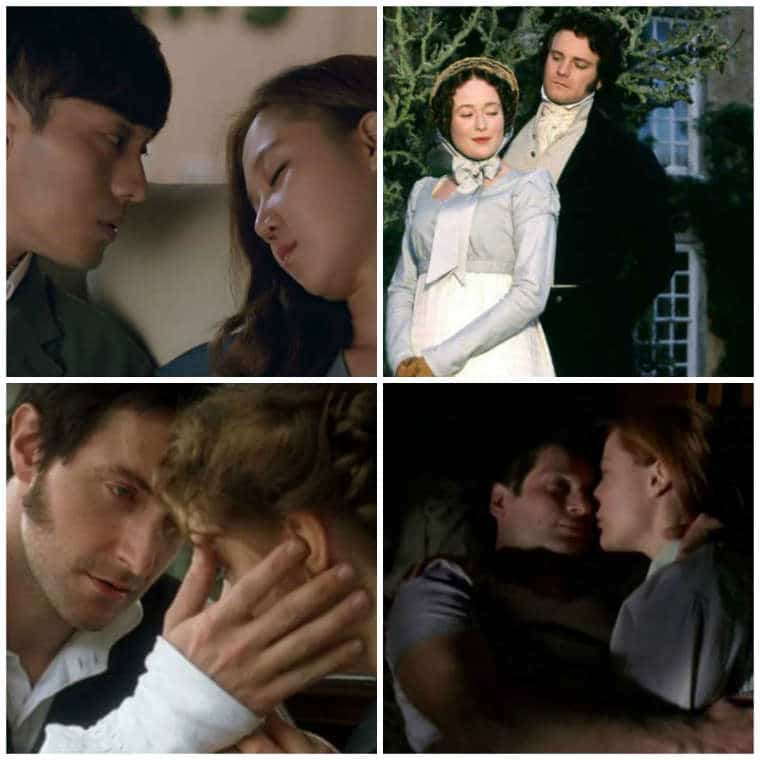“You have to wonder what goes through the mind of a man like Micah Mortimer,” Anne Tyler declares at the start of Redhead by the Side of the Road. Mortimer, she tells us with the breezy offhandness of a gossipy neighbour, has a basement apartment (“it is probably not very cheery”), scruffy clothes, poor posture and an unvarying daily routine. There is a girlfriend of sorts but no sign of male friends. “Nobody knows if he has family.” In her opening two pages, Tyler appears to write her protagonist off as scarcely worth the bother of curiosity. For a novelist who has spent more than 50 years capturing in detail the lives and hearts of ordinary people, this brief, judgmental pulling of focus is startling. It is also, possibly, a sly riposte to her harshest critics. In 2015, New York Times reviewer Michiko Kakutani disparaged the Whitshank family in the Booker-shortlisted A Spool of Blue Thread as “merely generic figures in a middling middlebrow novel: oddly lacking in emotional specificity and psychological ballast”. Tyler claims not to read her reviews but, as her fiction proves, she misses nothing: a thread of steeliness runs through her determinedly unshowy prose. All right then, she seems to say. Here he is, Micah Mortimer, your textbook generic, middling man – if that is the way you choose to take him.
Tyler, of course, chooses nothing of the sort. Redhead by the Side of the Road is slighter and more bittersweet than some of her recent novels but, like all her work, it tenderly opens an ordinary life and shows us the universal truths hidden inside. Micah was once the family star, the first ever to go to college. Now he scrapes a living running a one-man computer repair business, Tech Hermit, and moonlights as caretaker of his rundown building, fixing broken switches and putting out the rubbish. His domestic chores are strictly timetabled. Even his relationship with Cassie, his woman friend (Micah refuses to call anyone in their 30s a “girlfriend”), is hedged with unspoken rules. “They had it down to a system, you could say.”
But Micah does not consider himself an unhappy man. The afterthought baby in a large (and typically Tyler-esque) family of noisy sisters, he occupies a space between generations, setting him apart. While the family treats him with affectionate bafflement, teasing him as finickety and “a fussbudget”, Micah cannot understand how they endure the relentless chaos in which they seem to thrive. He regards the discipline of his habits as a virtue. When he drives, which he does with great care, he likes to imagine the Traffic God, an all-seeing road surveillance system manned by men in green visors in awe of his perfect technique. “Good boy,” they murmur admiringly as he stops before checking his phone, and “Did you see that? Not even the tiniest jolt,” as he brakes at a traffic light. It is a running joke that, as always with Tyler, conceals a deeper, more serious point. Micah is not without compassion – he goes out of his way to help the terminally ill Luella Carter in 3B – but he has little time for the muddle of human emotion and is a harsh judge of those he considers to be falling short. His way, he firmly believes, is the right way.
It is only when Cassie announces that she might be about to be kicked out of her apartment that things start to unravel. The next day, the son of an old college girlfriend turns up out of the blue on Micah’s doorstep. Neither of these events in itself is earth-shattering. But Tyler is a writer who compels not through the complexities of plot but by the precision of her observations, her perfect pitch in the music of unremarkable lives. Little by little, as Micah lives through the aftershocks of these events, Tyler peels back the layers, exposing him first to us and, at last, partially at least, to himself. As always, her characteristically unpretentious, even folksy style belies both the intricacy of her work and its quiet profundity. Her quirkily inconsequential dialogue is never inconsequential. It is perhaps why some critics continue to underestimate her. As always, she makes it look easy.
“You have to wonder what goes through the mind of a man like Micah Mortimer.” Most people never bother. Fortunately for us all, Tyler has made a career of it. At the end of her marvellous 1982 novel, Dinner at the Homesick Restaurant, one character muses that it’s “kind of heartening, isn’t it. How most human beings do try. How they try to be as responsible and kind as they can manage.” Tyler’s gift, amply in evidence in Redhead by the Side of the Road, is not only to create characters that struggle valiantly towards goodness. It is to leave her readers wanting to do the same.
Redhead by the Side of the Road is published by Chatto.






